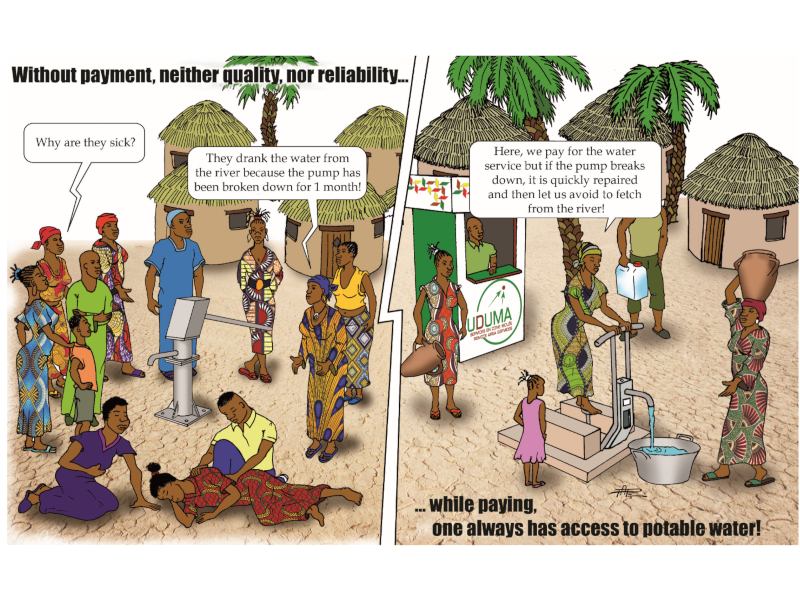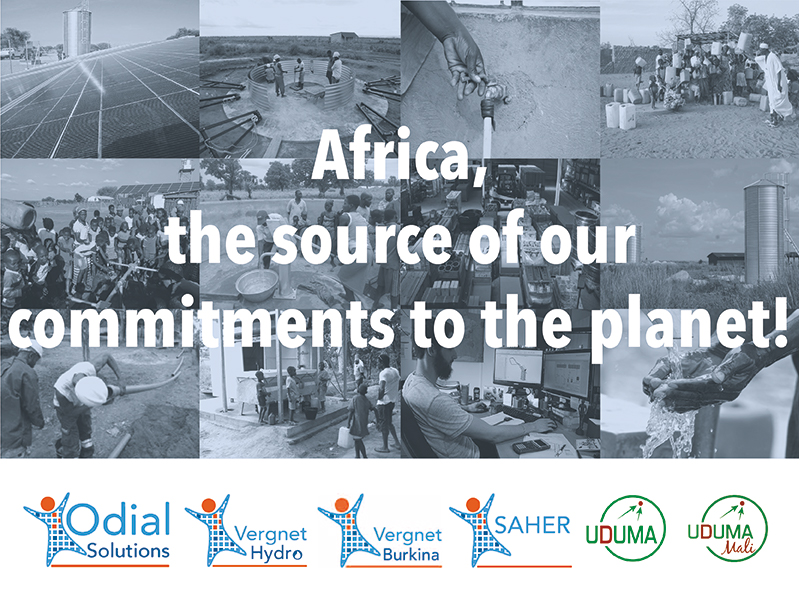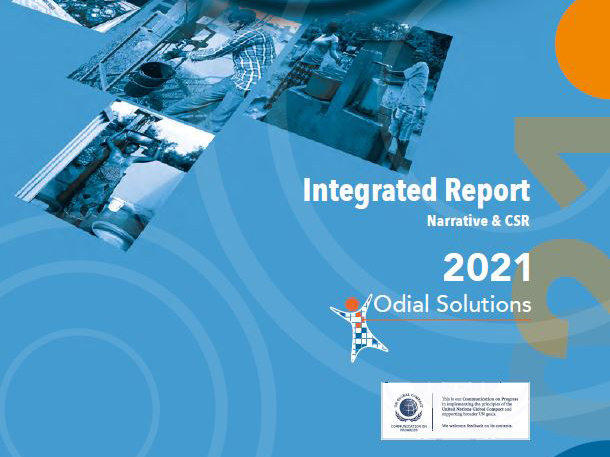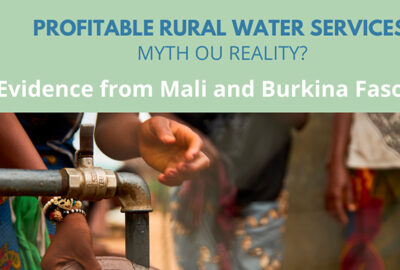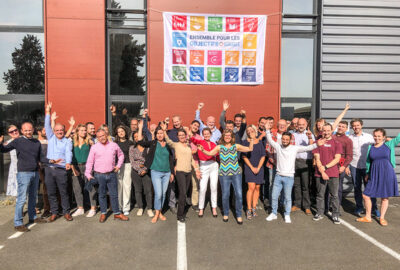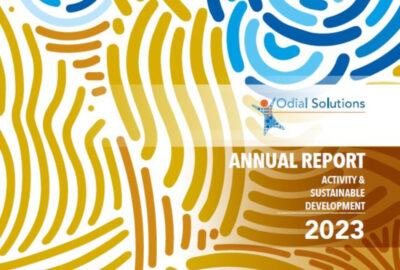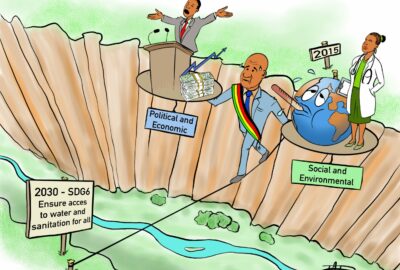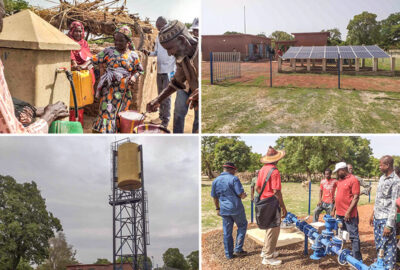Communication, Drinking water
New Year’s Greetings : I am too poor to buy cheap stuff! Let’s do the arithmetic.
A cool reception for the business approach in development actions
For several years now, we have shifted into a new era of development where the private sector is finally acknowledged as a fully-fledged stakeholder and a source of proposals, innovations and sustainable solutions. Implicit in this is recognition of the business approach in development actions, a move away from the humanitarian approach which, although it has its rightful place in critical situations, is – very fortunately – not intended to be rolled out over the long term. This is a huge step forward but one that, in my view, is not sufficiently acknowledged or understood by all beneficiaries. Or could it be that it is fully understood but raises concerns? Why is this?
Incorporating a market approach in any sector immediately means sales, prices, payments, profits… a set of words seen as rather vulgar by many if transposed to a context where the poor are involved. How dare we talk about money or profit when making people with low incomes pay for vital services, with the money paid going to fill the operator’s coffers?
It is high time we faced reality and put an end to this social demagogy which obliterates any hope of development and reduces sub-Saharan African populations, particularly in rural areas, to the status of welfare recipients.
Doing away with the provider/recipient dichotomy
If we want to anticipate for tomorrow, as the Sustainable Development Goals (SDGs) recommend, and build a fairer world for the future, we need to move away from this provider/recipient dichotomy. Let’s switch to a constructive, federating logic of collaboration and transmission that requires everyone involved to exercise their rights and assume their duties and responsibilities. Let’s say it loud and clear: nothing comes for free. Firstly, because someone always has to pay. And next because the supposed “free” distribution of goods and services usually ends up with us enjoying the benefits with no thought for the real cost for society. These goods and services are often poorly managed because they are considered free, and represent a heavy, recurring financial burden for those who fund them, diverting incredible amounts of money which could be better used elsewhere. Likewise, buying things at ever lower prices inevitably affects quality and leads to us spending more in the end.
Doing the maths
If we really want to encourage development, we need to help the recipients to look further ahead and work with them to mark out the roadmap to a sustainable future. The notion of investment, as an expense with a long-term impact, must replace that of day-to-day spending, which is ultimately more costly. We need to assimilate the idea of paying a fair price for the service provided, aligned with the recipients’ ability to pay and ensuring the cost efficiency of the model, even where it is subsidised. The concept of profit for the supplier and operator must be accepted and associated with the notions of optimisation, sustainability and product/service quality. There cannot be sustainable action without focus on efficiency and empowerment, in other words without models that are self-sustaining.
Let’s encourage this kind of arithmetic which, in the interest of all, must replace the demagogy of the customary approach.
I wish you all a happy and prosperous New Year!
Best Regards
Thierry BARBOTTE
Chairman, ODIAL SOLUTIONS
Comments are closed



